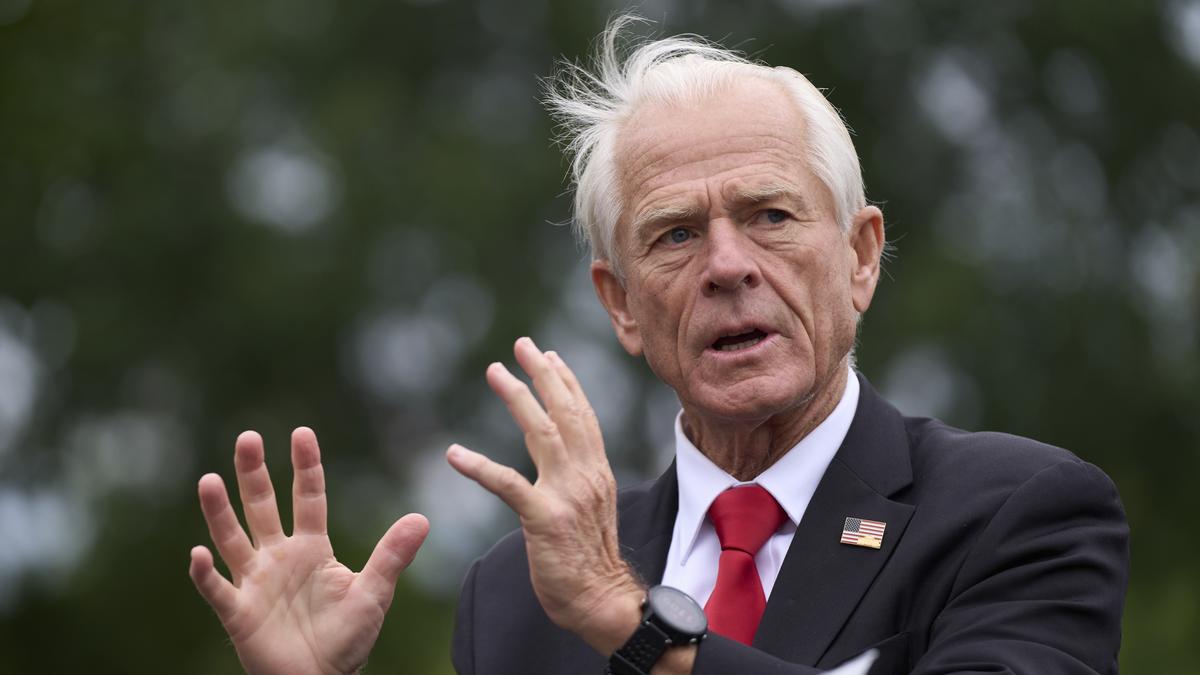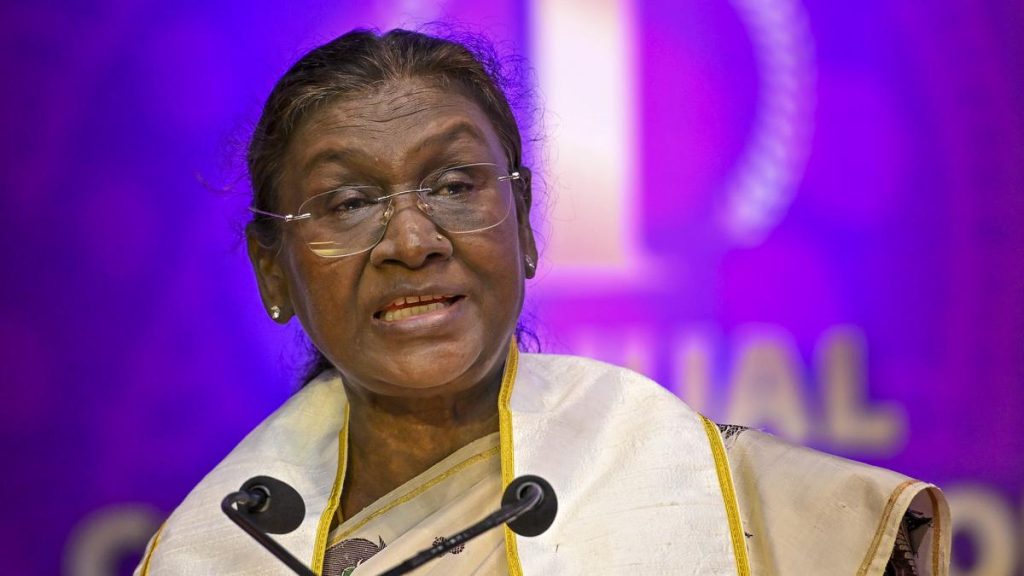Now Reading: India Accused of Financing Kremlin Through Oil Trade: White House Adviser
-
01
India Accused of Financing Kremlin Through Oil Trade: White House Adviser
India Accused of Financing Kremlin Through Oil Trade: White House Adviser

Fast Summary
- White House trade adviser Peter Navarro accused India of being an “oil money laundromat for the Kremlin” and claimed India’s actions are fueling Russia’s war in Ukraine.
- He alleged India buys discounted Russian crude oil, refines it, and exports fuels internationally, profiting from the process while indirectly funding Russia’s war efforts.
- Navarro criticized India’s high tariffs on U.S.goods, claiming they contribute to a $50 billion trade deficit for the United States.
- The Trump governance imposed 50% tariffs on Indian imports, citing unfair trade practices and national security concerns.
- Navarro stated that Russian oil formed less than 1% of India’s imports prior to the Ukraine invasion but rose to over 30%,or more than 1.5 million barrels per day post-invasion.
- democrats in the U.S. condemned Trump for focusing on India rather of other larger importers like China and argued that these tariffs harm bilateral relations between Washington and New Delhi.
Images from article:
!80/iStock-1858820017.jpg”>Image
!Link to source article
Indian Opinion Analysis
Peter Navarro’s accusations highlight growing trade tensions between Washington and New delhi amidst geopolitical complexities like the Ukraine conflict. By linking India’s purchase of Russian oil with its impact on global peace efforts, such claims intensify scrutiny over India’s energy strategy while showcasing divided opinions within American leadership regarding how these choices impact international relationships.
India has defended its policy shifts as measures necessary for safeguarding economic security-a position common among major economies when navigating volatile energy markets amid sanctions or shortages. While allegations such as those by Navarro may strain diplomatic ties further-especially alongside punitive tariffs-they also risk oversimplifying complex issues where economic dependencies intersect with foreign policy priorities.The broader debate suggests two critical implications: first,how emerging nations balance strategic autonomy when faced with pressure from global powers; second,whether this rhetoric undermines long-term U.S.-India partnerships considered pivotal in countering larger adversarial forces like China. However divisive these narratives may seem presently, their resolution will likely shape future partnerships rooted in mutual benefit rather than singular blame assignations.























